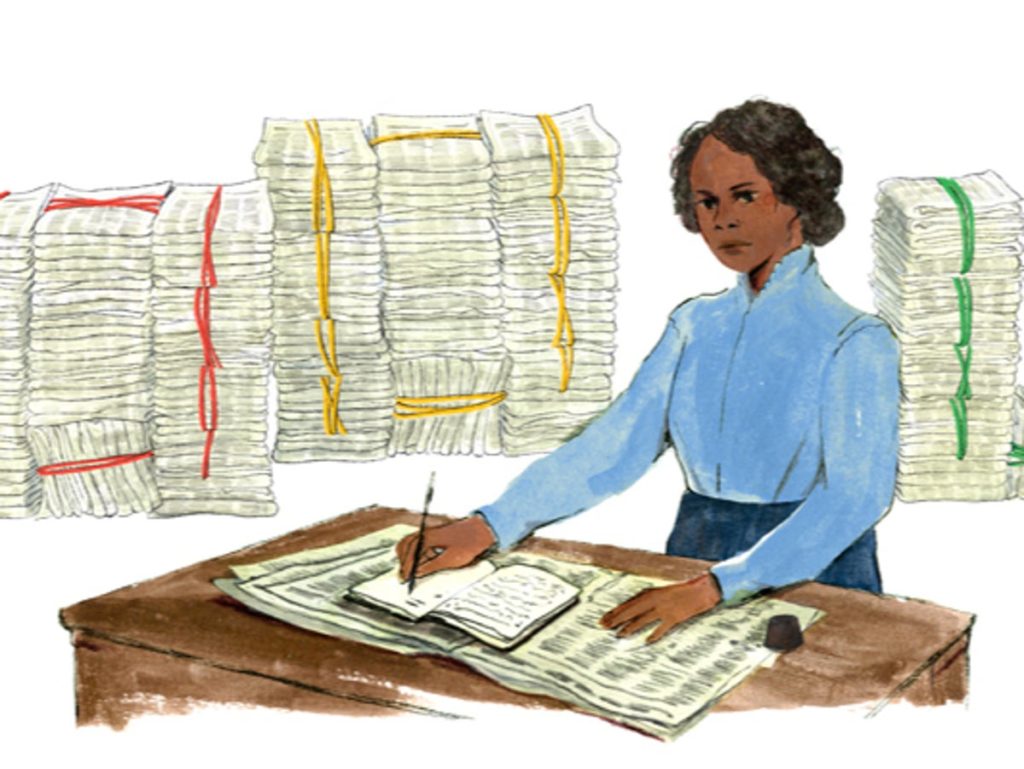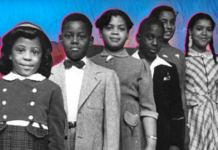Every day this month, the Center for Black Educator Development, in partnership with Phillys7thWard.org and Citizen Ed, will highlight a Black Educator Hall of Famer. But, don’t forget, e’ry month is Black History Month…February is just the Blackest.
Today, our featured Black Educator is Mary Ann Shadd Cary.
Mary Cary was born in Wilmington, Delaware on October 9, 1823. She was an eduactivist that dedicated her life to helping Black people both escape enslavement as well as become educated through schooling. These goals are often one and the same; today as it was in the past.
Cary came from a family of activists. Although born in a slave state, Cary was born to free parents. Cary’s father, Abraham Shadd, a shoemaker, used his shops in both Wilmington and West Chester (PA) as stops on the Underground Railroad.
Because it was illegal to educate Black children in Delaware, Cary’s family moved to Pennsylvania for Cary to receive an education. She was sent to a Quaker boarding school. Upon completion of her studies, Cary became an educator herself. She returned to Delaware and established a school for Black children where she was a teacher.
Upon passage of the Fugitive Slave Act of 1850, Cary, along with her brother and his wife, fled to Canada to maintain their freedom. Her parents and other siblings join them soon after.
In Ontario, Cary established a new school. It was a racially integrated school that was open to all who could afford to attend (education was not publicly provided at that time); the school was opened with financial support from the American Missionary Association.
In addition to her work as an educator, Cary was also a writer.

Cary wrote educational booklets that outlined the advantages of Canada for settlers moving north, including A Plea for Emigration; or Notes of Canada West in 1852. She also founded an anti-slavery paper, called The Provincial Freeman in 1853, whose slogan was “Devoted to antislavery, temperance and general literature.” The Provincial Freedom was a critical outlet, providing voice to Black Canadians as well as supporting abolitionist work.
Cary returned to the U.S. prior to the Civil War as an anti-slavery speaker where she advocated for full integration through education and self-reliance while also advising Black people to insist on fair treatment; resorting to legal action if such was not the case.
She was hired by Martin Delany to recruit Black soldiers for the Civil War and after the war, she returned to Wilmington where she taught in Black schools, followed by teaching in Washington D.C. for fifteen years. She then attended Howard University School of Law and graduated at the age of 60 in 1883, becoming only the second Black woman in the United States to earn a law degree.
When Frederick Douglass asked readers in his newspaper, The North Star, to offer their suggestions on what could be done to improve life for Black people. Cary, then only 25 years of age, wrote to him to say,
“WE SHOULD DO MORE AND TALK LESS.”
Cary is an example for us all to do more and talk less.
Mary Ann Shadd Cary; a member of the Black Educator Hall of Fame.
For more information on Mary Ann Shadd Cary, visit the following site.










